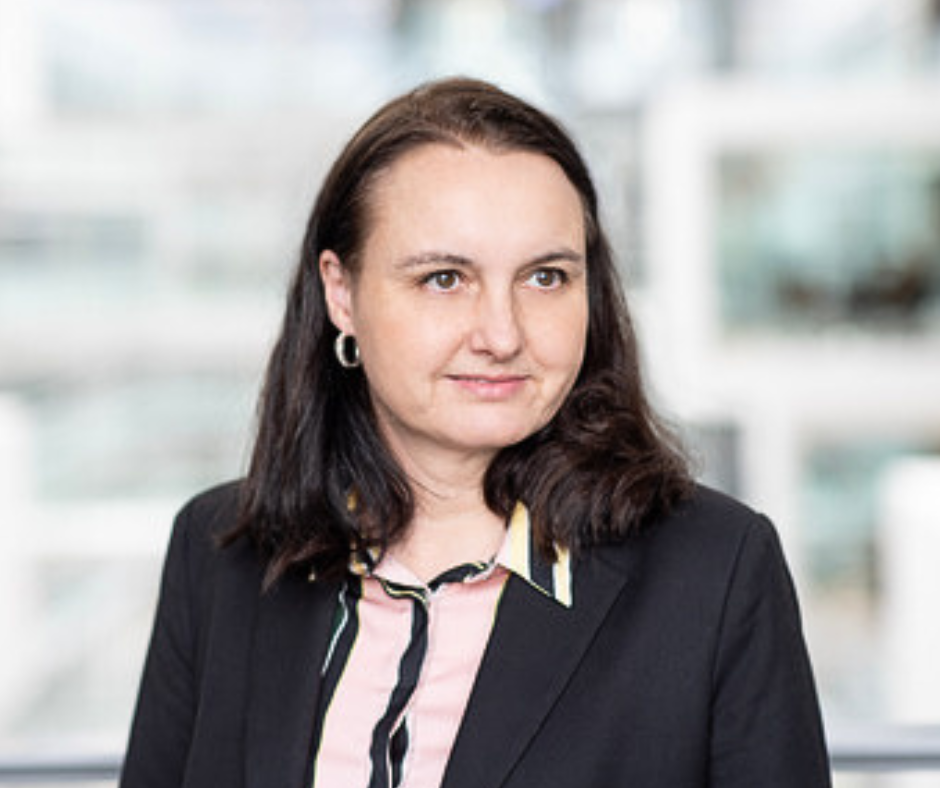How will hybrid intelligence apply to the tourism and hospitality sector?
Throughout history, the word "revolution" has been used to describe moments of dramatic change. These revolutions are often driven by new technologies and fresh ideas that challenge the existing order. As a result, economic systems and social structures undergo a profound transformation.
The Fourth Industrial Revolution was about integrating ever-increasing technological advancements into all aspects of our lives from factories and shops to government offices. It began around the beginning of this century. The goal was to utilize every available tech tool to its maximum potential. This approach continues today with the ongoing implementation of robotics and artificial intelligence.
The Fifth Industrial Revolution is believed to have begun around the year 2019 (The European Commission, 2021). Industry 5.0 is a concept that complements and extends the perspectives of people, society, and the environment and is strongly influenced by the priority themes of the European growth strategy. The Fifth Industrial Revolution focuses on an increasing collaboration between human and machine intelligence to create a new kind of intelligence – a hybrid intelligence. Instead of robots taking over our jobs, the Fifth Industrial Revolution is all about close collaboration, in which humans and machines work side-by-side to get things done faster and better, improving the well-being of everyone involved with strong attention to ethical issues. The emergent question is: How can we make everything from businesses to neighborhoods to entire countries smarter? In this keynote presentation, Dr. Carina Antonia Hallin delves into the search for answers to figuring out how humans and technology can be considered to work together seamlessly for the greater good, and how such collaborations are likely to apply to the tourism and hospitality sector.
This key note speak will be open and free for the general public to celebrate the National Science Week.

About Carina Antonia Hallin
Dr. Carina Antonia Hallin is the Founder and Research Coordinator of the Collective Intelligence Research Group at the IT University of Copenhagen (ITU), and an Adjunct Associate Professor of Collective- and Hybrid Intelligence at the University of Stavanger, Norway.
Hallin is the Founder and CEO of Hybrid Intelligence World, an on-demand platform for science, education, and tech integration, and earlier she co-founded the research spinout and tech company Mindpool, which was recently acquired by the world’s leading innovation platform, Wazoku, headquartered in London.
She is the co-founder of the Academy of Management's Community on Knowledge Integration, Synthesis, and Engineering and was a research affiliate at the MIT Center for Collective Intelligence (CCI), Massachusetts (2020-2022).
Hallin has published within the disciplines of collective intelligence, artificial intelligence, computer science, decision science, strategy, and management. She has a strong research interest in the validation of new decision- and information-support systems for organizations and governments. Hallin is the co-editor of The Routledge Handbook of Collective Intelligence for Democracy and Governance, published in 2023. The Handbook has been downloaded more than 100,000 times since its publication in June 2023 and has more than 60 contributors, including scholars from other prestigious universities across the world, who explore the concepts, methodologies, technologies, and implications of collective intelligence for democratic governance.
This open expert talk is a part of the 32nd Nordic Symposium on Tourism and Hospitality, hosted by NHS – Department of Leadership and Service Innovation at the University of Stavanger. The overall theme of the conference is “The roles of humans and technology in shaping the future”.
You might also be interested in the first conference talk: Snapshot stories of high-tech high touch
Both key notes are open and free for the general public as part of the National Science Week in the Stavanger region.